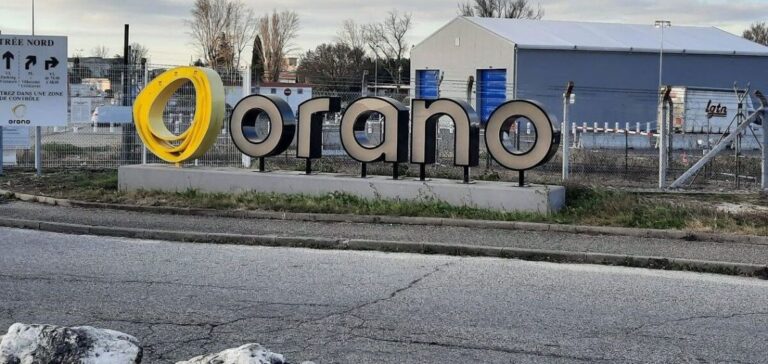Orano, the French company specialising in the extraction and processing of uranium, has experienced exceptional growth in 2023, tripling its annual profit. This performance was driven by two key factors: a significant return of Japanese demand and the global rise in uranium prices.
Contracts with Japanese operators were particularly instrumental in this increase. Japan, having restarted its nuclear programme following the Fukushima crisis, represents a strategic market for Orano. The company has signed long-term agreements, ensuring stable revenues for the years to come. The resumption of these contracts at favourable rates allowed Orano to offset global economic fluctuations.
At the same time, uranium prices saw a significant increase in 2023, reaching levels not seen in several years. This rise in raw material costs boosted Orano’s profit margins, solidifying its position as a key player in the uranium sector. The price of uranium has continued to climb due to increased demand driven by nuclear projects in countries like China and India, as well as the recovery of certain programmes in European nations.
In this context, Orano has also continued its strategy of optimising production costs. By enhancing operational efficiency, the company has managed to reduce its unit costs, thereby increasing its competitiveness. These efforts translate into higher profitability and a strengthened contract portfolio, enabling Orano to maintain a solid position in a volatile market.
The company also announced that it would continue to focus on its international projects. The expansion of its uranium supply contracts network, along with its ability to offer complementary nuclear fuel recycling services, strengthens its long-term growth prospects.
The financial results for 2023 demonstrate a robust performance despite external challenges. Orano continues to showcase the strength of its business model, based on long-term contracts and efficient resource management.
A Solid Strategy to Handle Market Fluctuations
The rise in uranium prices, coupled with advantageous supply contracts, allows Orano to maintain its competitiveness amid fluctuations in raw materials markets. The company is focusing on strict cost management and expanding partnerships to ensure long-term profitability.
Medium-Term Outlook: International Expansion at the Heart of the Strategy
Orano’s internationalisation remains a priority, with expansion objectives in key markets such as Asia and North America. Long-term contracts and cost optimisation enable Orano to position itself for stable growth, even in a complex global economic environment.






















